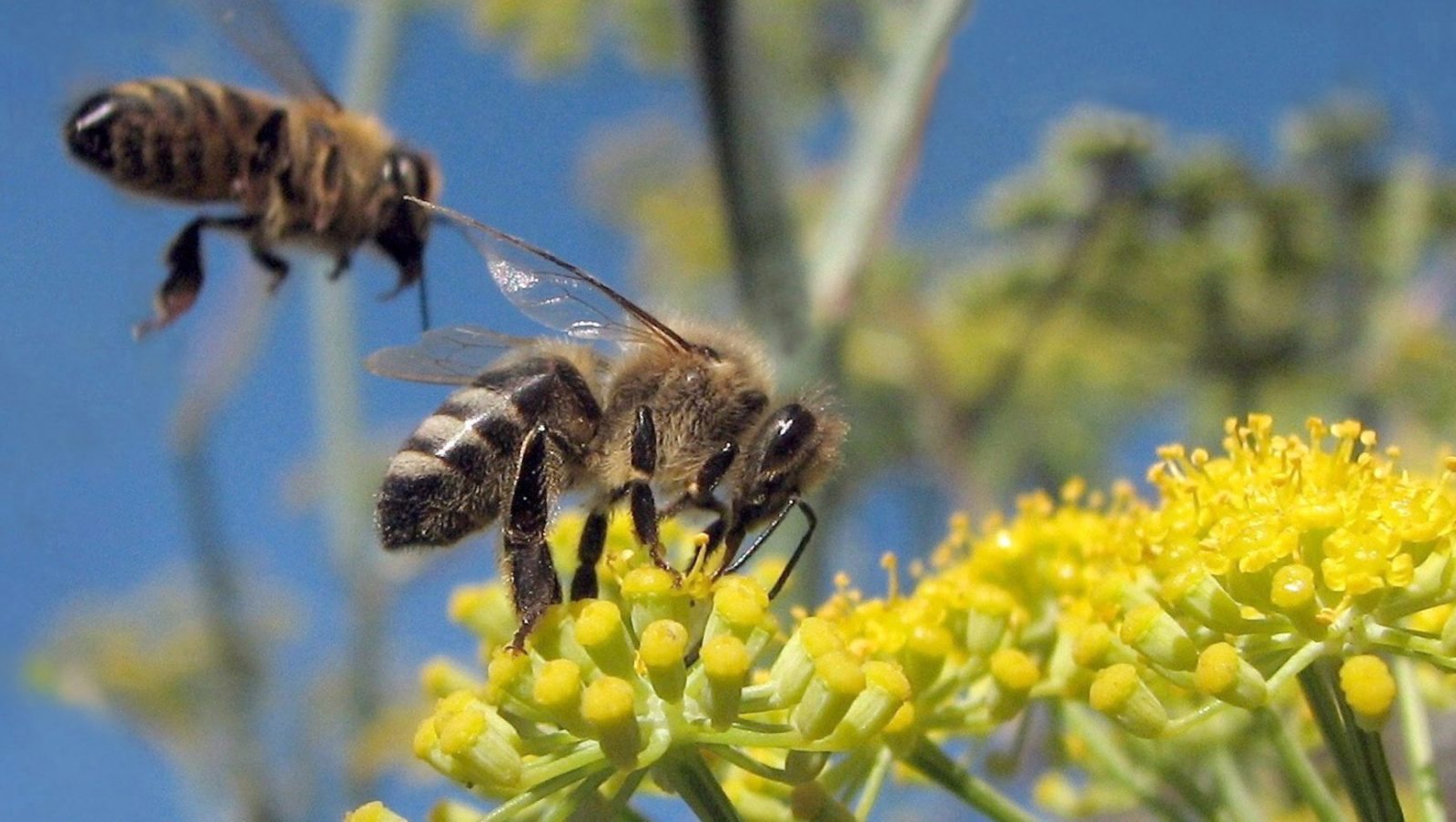After bailing out automakers and Wall Street bankers, the U.S. government has now rolled out a pair of programs to assist a more sympathetic recipient: insects. There’s finally a bailout for the bee and butterfly bankruptcy!
U.S. farmers have gotten better and better at controlling weeds in their fields, and that’s been a disaster for monarch butterflies. Monarchs rely on one specific field plant: milkweed. They can’t survive without it. The population of both milkweed and monarchs have taken a tumble with the rise of effective weed control, via the herbicide glyphosate and GMO crops that tolerate glyphosate.
At the same time, honey bees have been dying off because of the mysterious colony collapse disorder, and many native bee populations are foundering.
The White House just announced that it is creating a strategy to assist pollinators. The initial memo isn’t exactly revolutionary: It creates a task force and gives it six months to come up with a plan. There’s no new funding or regulation. So, okay, not the actual cash bailout that pollinators might have been hoping for.
But there’s some muscle in this memo: It directs the departments in the executive branch to start increasing pollinator habitat. If the Department of Transportation starts planting butterfly gardens along every highway and the Department of Defense does the same on military bases, that’s a lot of real estate. There’s even more real estate under the control of the Department of the Interior. And the Department of Agriculture is also supposed to help out, by planting native seed mixes after forest fires, and helping farmers and ranchers plant for pollinators in their extra space: Hedgerows and fencelines could bloom.
Finally, the memo directs the EPA to take a closer look at pesticides that kill pollinators, and, if appropriate, protect habitat from insecticides.
These new efforts will contribute to programs that are already up and running. For example, the Natural Resources Conservation Service and the Xerces Society, a nonprofit for invertebrates, are already working together to produce milkweed seeds. The challenge is to find seeds that will thrive in the different biomes around the country. They’ve already produced over 35 million milkweed seeds and planted 120,000 acres for monarchs and other pollinators.
Projects like this are great, though probably not enough on their own. For now, the change from business as usual amounts to just words. Well have to check in six months from now and see how the strategy pans out.



